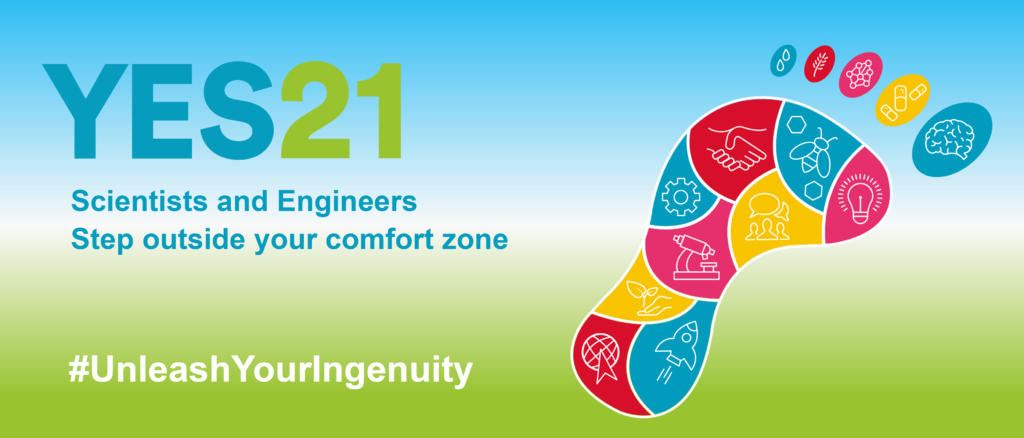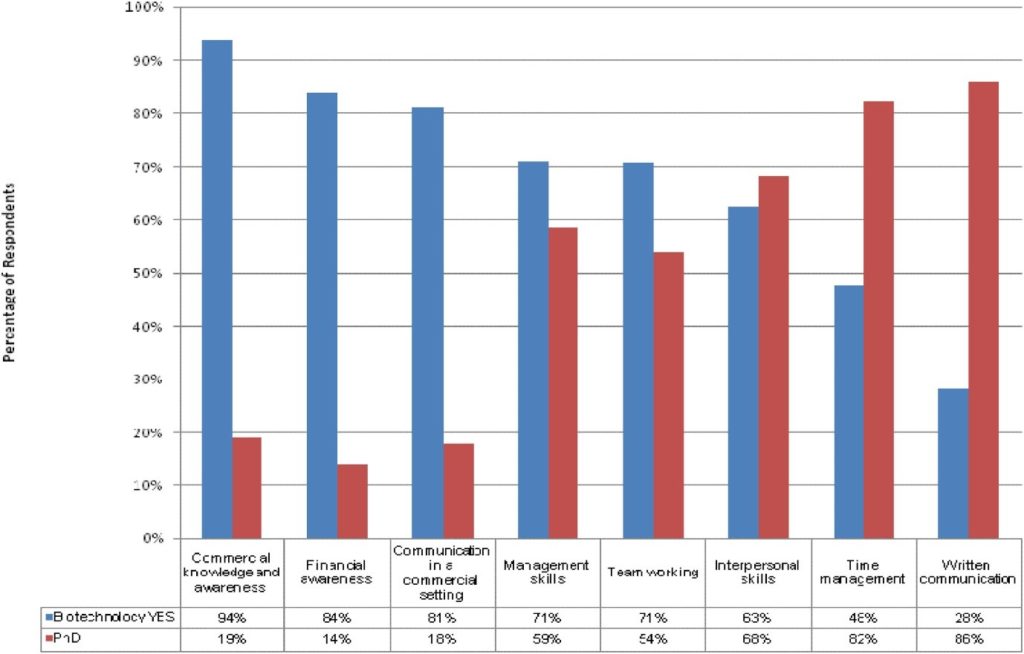From the depths of research it can sometimes be hard to see the opportunities of the world outside academia or how research can make a real-world difference. The Young Entrepreneurs Scheme (YES) gives early career researchers (ECRs) the opportunity to see their worlds a little differently, explore the entrepreneurial mindset and unleash their ingenuity.
Reading has a long association with YES. Last year – despite the lockdown – we attracted a record number of participants to this innovative and ever-evolving competition. YES aims to raise awareness of how ideas can be commercialised among postgraduates and ECRs (including postdocs, new lecturers and technicians). Now in its 26th year, it has provided entrepreneurial training for over 6,000 ECRs across numerous academic institutions. Teams come together to develop a business plan for a start-up company based on a hypothetical but plausible idea that attempts to deploy novel science and engineering to address societal challenges such as the ageing population, sustainable food production and global warming. Winning ideas from last year’s YES20 competition included a home finger-prick blood test device to detect and monitor drug resistance mutations in cancer patients, a green and efficient solution powered by cyanobacteria to get the best out of wastewater, an innovative 3D printed enzymatic biofuel cell that can convert organic material in fluids into electricity, and an alternative way of storing electricity in surplus from renewable energy sources using a green solution.

Previous Reading participants are numerous amongst our current academic staff – in Meteorology, Pharmacy, Chemistry and Food and Nutritional Science to name just a few. Reading have reached the finals on several occasions. In 2017 teams from the University participated in regional workshops at Syngenta and GSK and one successfully made it through to the national finals where they secured prizes for their faux company Alauna Diagnostics, offering a rapid diagnostic test for endometriosis. And in 2018 a Reading team conceptualised a company known as ‘MooFree’ which used genetically modified yeast to create dairy proteins without the need for cows, tapping into the highly topical issue of sustainable foods and interest in plant-based or vegan diets. MooFree won both the Environment YES and People’s Choice award.
Having been a YES participant myself, I can vouch that the benefits of taking part are wide-ranging. Collaborating with peers and networking with industry experts develops new knowledge and encourages creative thinking and collaboration. You gain project management and business planning skills and understand how funding is sourced and managed. It enhances your CV and allows professional networks to blossom. But perhaps most importantly, as highlighted by one of the 2020 Reading participants, “YES has opened my eyes to a world outside of academia and helped me realise how my background in science gives me an advantage in business, rather than excluding me from the business world”. The learning experience provides an understanding of the commercialisation of ideas not easily achieved inside academia and helps cultivate business acumen and develops transferrable skills.
As another of this year’s cohort says: “With a PhD being a fairly isolating experience … YES has been key to developing my self-confidence and communication skills.” A recent paper in Technological Forecasting & Social Change found that YES participants significantly developed their commercial knowledge as well as financial awareness and communication skills by comparison to a PhD programme1. 71% also felt that YES had significantly, or noticeably, developed their team working, management and interpersonal skills1.

Why is this important? As well as providing highly-educated, entrepreneurial graduates with valuable transferable skills into the employment market, the positive societal and economic impact of the commercialisation of research results is tangible. Past participants have gone on to translate research from their centres into spin out companies, broker licensing deals with multinationals, create social enterprises and create award-winning outreach programmes. Within the University itself, YES helps support our plans for upskilling postgraduates and ECRs and creates positive change in our commercialisation culture by developing skills and embedding knowledge in individuals and departments.
YES21
The YES21 competition is running again this year and we’re in the process of assembling teams from our entire student cohort, including NERC SCENARIO and BBSRC FoodBioSystems DTPs. YES competitions are running this autumn in biotechnology, engineering, environment and, for the first time ever, Fintech (Henley Business School take note!). Virtual workshops in each area are run over three days where leading figures in industry deliver presentations on all aspects of knowledge exchange and the commercialisation of ideas. This knowledge, and any gained prior to the YES workshop, provides a basis to prepare an oral business plan for a company based on a hypothetical but plausible idea, based on real markets and financial data. Throughout the first two days, mentors are at hand to answer questions, give advice and provide a focus for the team’s ideas. On the third and final day, teams make a formal oral presentation of their business plan before a panel comprised of business, financial and academic representatives who take the role of equity investors. The top team from each workshop are then selected to progress through to the National Final. A face-to-face showcase event to be hosted at the Royal Society in London is planned for January 2022.
Additional wraparound support is provided to the Reading teams from Business Relationship / IP Managers within Knowledge Transfer Centre and our friends at the Henley Centre for Entrepreneurship (Jurek Sikorski), IFNH (Kate Green), and the University’s own Entrepreneur in Residence (Bill Kilgallon).
Further details at http://www.yescompetitions.co.uk/ or follow YES on Twitter at @UoNYES #YES21.
Interested in participating? Contact Simon Cutler at s.b.cutler@reading.ac.uk. Registration deadline is 24th September.
Dr Simon Cutler is Business Relationship Manager in the Knowledge Transfer Centre and oversees the University’s involvement in the YES programme.
References
1 Treanor, L., Noke, H., Marlow, S. & Mosey, S. 2021, “Developing entrepreneurial competences in biotechnology early career researchers to support long-term entrepreneurial career outcomes”, Technological forecasting & social change, vol. 164, pp. 120031.
